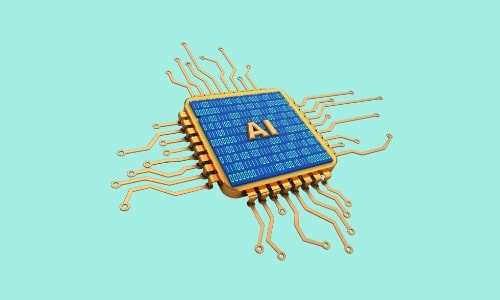Contents
Of your course.
module 1
Artificial Intelligence
+
-
History of Artificial Intelligence & Early Systems
Learn the influences of AI (Linguistics, Cognition, Gaming, Internet of Things, and Quantum Computing). Understand the theory behind Reinforcement Learning, Supervised Learning and Unsupervised Learning, and explore the history and development of AI.
Modern AI systems and Applications
We will look at expert systems and some of the expert systems that were influential in the developments of and we'll, we will explore further technological applications of AI and understand how artificial intelligence is being used in mobility and autonomous vehicles, personalised medicine, retail & industry, and fintech.
Neuroscience & Neural Networks
In this lesson, we will look at the field of neuroscience - The human brain and how neurons propagate signals. We explore the link between cognitive science, neuroscience, and artificial intelligence. We will look at the artificial neuron and some of the neural networks commonly encountered. We will look at more learning methods and we will explore the concept of Generative Adversarial Networks.
AI Explainability
Lesson four breaks down some fallacies of AI: we will look at the previous artificial intelligence winters - a period of decrease funding and interest in the field. Delving into the core of Explainable AI(XAI) will be the focus of this lesson; discovering how biases are represented throughout the creation of a model and how these undesirable biases are being addressed with XAI. Some of the concepts will include over- and underfitting; and the bias-variance trade-off.
AI & ML Libraries
This lesson will address how the need for machine learning libraries arose and their utility. Some of the athenaeum associated with computer vision and natural language processing will be discussed; along with those that we will be employing - spaCy, Keras, scikit-learn - throughout this course.
Data & Preprocessing
In this lesson, we will look at the world of data and how it is shaping AI. We will explore some of the commonly encountered data types and the effect this data might have on AI models, for this purpose we will address missing values and different data biases (sample selection bias, imbalance bias, etc). Big data as been a buzz word in technology of late - in this lesson we will look 5Vs that constitute 'big data' - considering how these data types might effect models. Basic preprocessing methods will also be discussed; preprocessing is essential for working with any type of data, from reducing dimensionality to data transformations.
Preprocessing and ML models
The implications that can arise in data collection, and how problems are addressed, is important to understand. This leads to us to see how visualisation can assist in understanding the data.
Algorithms and Evaluation
Learn the importance of model tuning, and hyperparameter adjustment. We'll see where Evaluation is needed in the ML model and what the Evaluation process is useful for, along with a metric evaluation protocol in Regression and Classification Models. We'll also show how ML Algorithms are integrated into a model pipeline.
Statistics, Probabilities & Machine Learning Mathematics
Gain a basic understanding of evaluation metrics on regression, such as MSE, MASE, RMSE, and MAPE. Learn why Vector and Matrices play a pivotal role in ML. Finally, we'll see how Calculus, and Convolutions and Fourier Series have advanced Machine Learning.
What the NET?
Today we'll look into the capabilities of Natural Language Processing (NLP) and Computer Vision, exploring some of the emergings trends - such as GPT - 3. We will also look at the utility of neural networks and how it is shaping the data we handle and the decision made on those processes.





